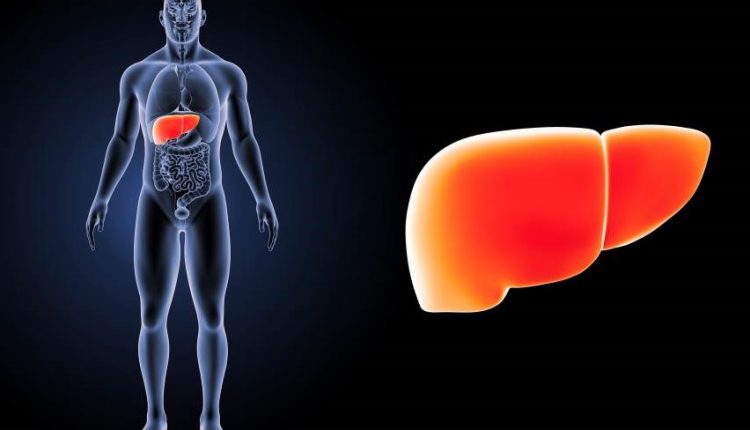
Hepatitis C: causes, symptoms and treatment
Hepatitis C (Hcv) is an infectious disease of the liver that is transmitted through infected blood. Widespread throughout the world, it is most prevalent among drug addicts
Signs and symptoms of Hepatitis C
Hepatitis C has an incubation period of 2 weeks to 6 months.
During this time, symptoms may appear with varying intensity and more subtle than in hepatitis B.
Some people who are infected show no symptoms at all, in other cases fatigue, jaundice (yellowing of the skin and the sclerae of the eyes), fatigue, loss of appetite, headache and sometimes abdominal pain and fever may appear.
When the infection lasts longer than six months it becomes chronic and is referred to as ‘chronic Hepatitis C infection’.
A percentage of people with chronic Hepatitis C see the disease progress and report subsequent liver damage (cirrhosis) and cancer (hepatocarcinoma).
Several factors play an important role in the development of cirrhosis
- age at the time of infection
- alcohol abuse
- co-infection with HIV
- co-infection with the hepatitis B virus.
Causes and transmission of Hepatitis C
Hcv infection is transmitted through biological fluids, such as infected blood and blood derivatives.
Until the 1990s, blood and blood product transfusions accounted for 90% of the risk factor for transmission.
However, the introduction of blood donation testing and preventive screening by means of anti-HCV antibody testing has considerably reduced the risk of infection.
Sexual transmission, on the other hand, is less frequent (the risk increases in the case of unprotected intercourse with multiple partners) and mother-to-child transmission is rarer.
Who is at risk of contracting Hepatitis C virus
Although anyone can fall ill with Hepatitis C, certain categories of people are at greater risk of coming into contact with the Hcv virus.
These include
- those who engage in unprotected sex with multiple partners
- drug addicts
- people infected with HIV
- recipients of transfusions (with the limitations indicated above)
- haemodialysis patients
- family members and persons in contact with infected persons
- children born to Hcv-positive mothers
- people exposed to blood and/or the use of needles and syringes if not perfectly sterilised
- people who practice and do piercings, manicures, pedicures
- patients undergoing haemodialysis.
How Hepatitis C is diagnosed
The diagnosis of Hepatitis C is made by searching for HCV markers and antibodies in the blood (to determine whether a person has come into contact with the virus and has developed antibodies) and by searching for HCV-RNA (to determine the presence or absence of the virus in the blood).
Once the presence of the virus is confirmed, a liver biopsy can be performed to assess the extent and type of liver damage.
Your doctor may also prescribe tests to assess liver function (via transaminase and gamma-GT enzyme values).
Hepatitis C therapies
In the case of Hepatitis C, the reference treatment involves a combination of pegylated interferon alpha and ribavirin, an effective therapy but not without side effects.
To these, two new antiviral drugs, boceprevir and telaprevir, were added in 2011 for the more difficult-to-treat genotypes.
The use of immunoglobulins, on the other hand, has not proved effective.
How to prevent Hepatitis C
To date, a specific vaccine against Hepatitis C is not yet available and is currently in the experimental phase.
The only effective measures against transmission of the Hcv virus are observance of general hygiene rules, sterilisation of instruments used for surgical procedures and cosmetic treatments, protection of sexual relations, and informing the partner of the infection with a recommendation to have a test performed.
Read Also:
Emergency Live Even More…Live: Download The New Free App Of Your Newspaper For IOS And Android
Hepatitis D (Delta): Symptoms, Diagnosis, Treatment
Hepatitis E: What It Is And How Infection Occurs
Hepatitis In Children, Here Is What The Italian National Institute Of Health Says
Acute Hepatitis In Children, Maggiore (Bambino Gesù): ‘Jaundice A Wake-Up Call’
Nobel Prize For Medicine To Scientists Who Discovered Hepatitis C Virus
Hepatic Steatosis: What It Is And How To Prevent It
Acute Hepatitis And Kidney Injury Due To Energy Drink Consuption: Case Report
The Different Types Of Hepatitis: Prevention And Treatment
Acute Hepatitis And Kidney Injury Due To Energy Drink Consuption: Case Report
New York, Mount Sinai Researchers Publish Study On Liver Disease In World Trade Center Rescuers
Acute Hepatitis Cases In Children: Learning About Viral Hepatitis
Hepatic Steatosis: Causes And Treatment Of Fatty Liver
Hepatopathy: Non-Invasive Tests To Assess Liver Disease
Liver: What Is Non-Alcoholic Steatohepatitis



